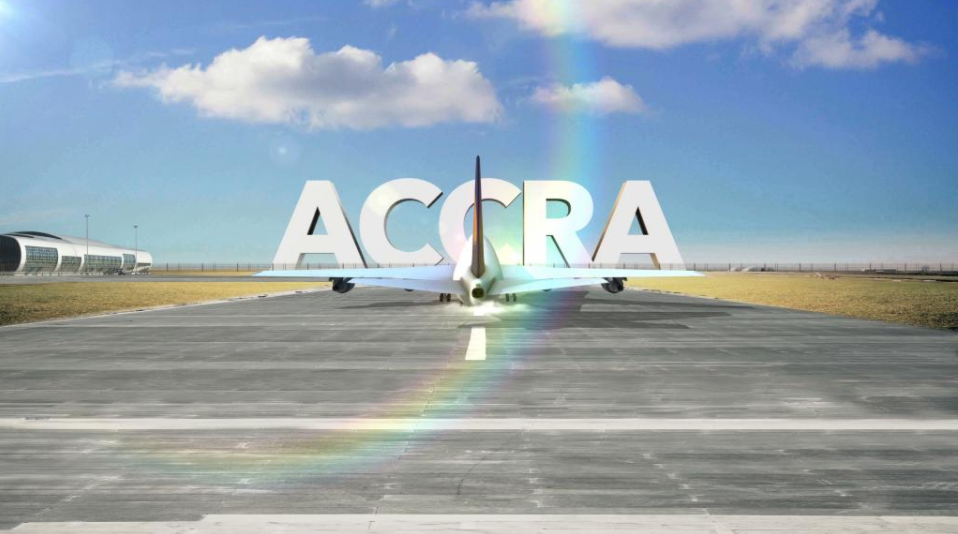Helsinki Airport's EUR1 billion investment, to stay competitive
While airports around the world are putting infrastructure projects on hold - the latest is Wellington Airport - Helsinki's Vantaa Airport is forging ahead with a EUR1 billion terminal expansion, which the management hopes will help the airport retain its position as one of the principal hubs for intercontinental traffic in the Nordic countries.
It needs to do so because other regional airports are keen to get a bigger slice of that action if they can.
Finavia has said that the project is a "significant strategic investment for Finland" and that the project is necessary to "maintain our country's competitiveness". It has also argued that the expansion project is "so far advanced that in practice it would not make any economic sense to stop it" and that "we are convinced that the long term air traffic will recover and investments will be needed when the time is ripe".
Finavia needs these improvements to stay ahead of the game where intercontinental connections are concerned, and it is clearly putting its faith in an improvement in the economy next year, along with a continuing easing of lockdown, quarantine and other such arrangements.
TO READ ON, VISIT: Helsinki Airport's EUR1 billion investment, to stay competitive
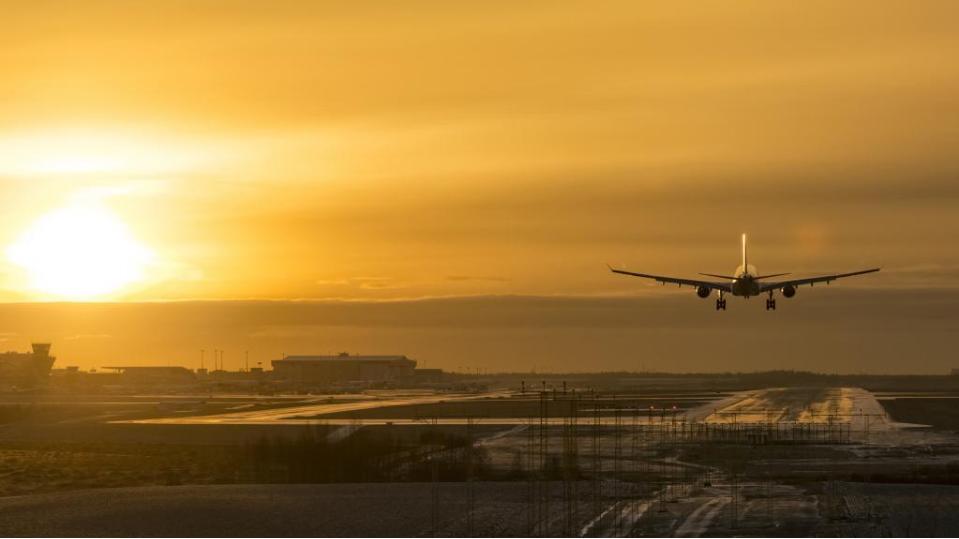
Argentina's airlines seek government clarity on restart
Commercial flights in many Latin American countries were shuttered in Mar-2020 in order to stave off the spread of COVID-19, and Argentina opted to keep commercial aviation frozen until the beginning of Sep-2020.
As some countries in the region begin to reopen, Argentina's target date for restarting commercial aviation has come and gone. There are signs the government aims to restart aviation in Oct-2020, but it remains to be seen if a reopening will in fact occur. The lack of guidance could have prolonged negative consequences for Argentina - including the risks of losing long haul international connectivity due to the government's inaction.
Additionally, Argentina's start-up low cost operators are working to persevere, but the ongoing delays in a restart of flights will continue to create pressure for those airlines.
TO READ ON, VISIT: Argentina's airlines seek government clarity on restart
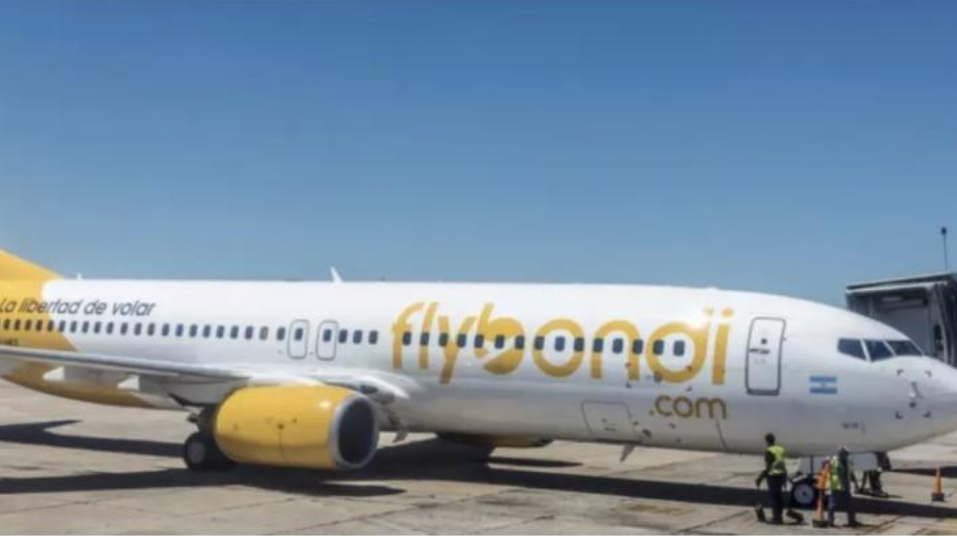
Ryanair bond sale as airline credit ratings fall, debt costs rise
In spite of the pandemic's devastating impact on aviation, Ryanair's recent EUR850 million bond issue was more than five times oversubscribed. It was the first straight bond sale by a major European airline during the crisis.
With interest rates at historic lows, investors were attracted by the 2.875% coupon, backed by Ryanair's strong balance sheet. Unlike many airlines, Ryanair does not need crisis funds, but this will facilitate repayment of existing bonds maturing in 2021.
Ryanair also raised EUR400 million of new equity earlier in Sep-2020. This was only 3.2% of its share capital, but equity investor support probably smoothed the way for its bond issue and helped to preserve its credit rating.
Only seven airline groups have credit rated as investment grade by the ratings agencies S&P and/or Moody's, while 23 airlines have junk bond status. Ryanair is highest rated among European airlines and second globally after Southwest Airlines.
All airline credit ratings have suffered in the crisis (the median airline's credit is now deemed 'highly speculative'), raising the cost of borrowing when debt is increasing. Debt capital has given airlines survival funds, but new equity will need to be part of the longer term solution.
TO READ ON, VISIT: Ryanair bond sale as airline credit ratings fall, debt costs rise
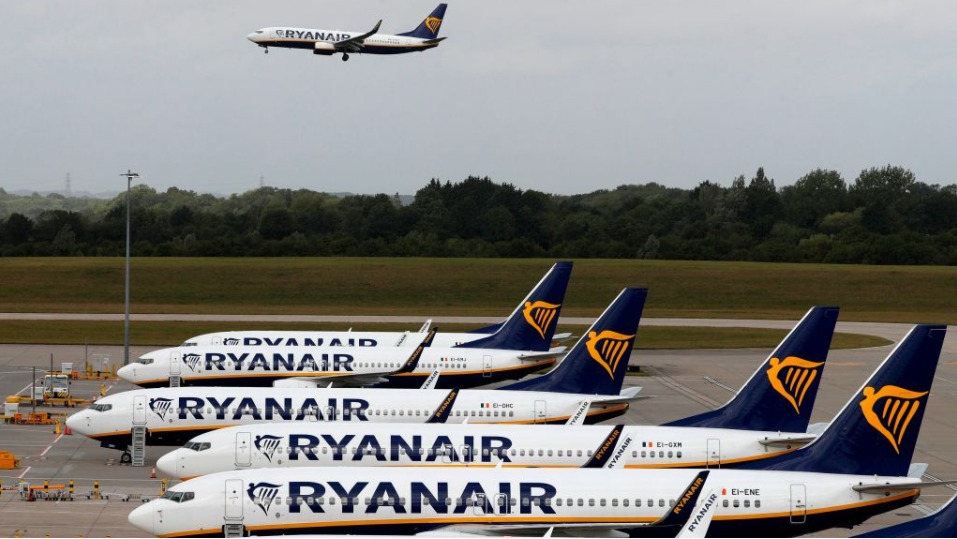
United Airlines continues to brace for a choppy recovery
Airlines worldwide have been forced to overhaul their businesses in a short period of time as the COVID-19 pandemic continues to upend air travel.
The predictions that leisure and visiting friends and relatives (VFR) passenger segments will lead a recovery in air travel are starting to materialise. And as result, all operators will start aggressively chasing those passenger segments in an effort to prop up severely depressed revenues.
In the US, United Airlines is working to cater to leisure customers on both long haul international and domestic routes, joining rivals in bolstering its presence in leisure markets.
But as United and other airlines work to structure their networks, revenue remains severely depressed, and many operators, including United, are pulling in capacity as the recovery continues to remain choppy.
TO READ ON, VISIT: United Airlines continues to brace for a choppy recovery
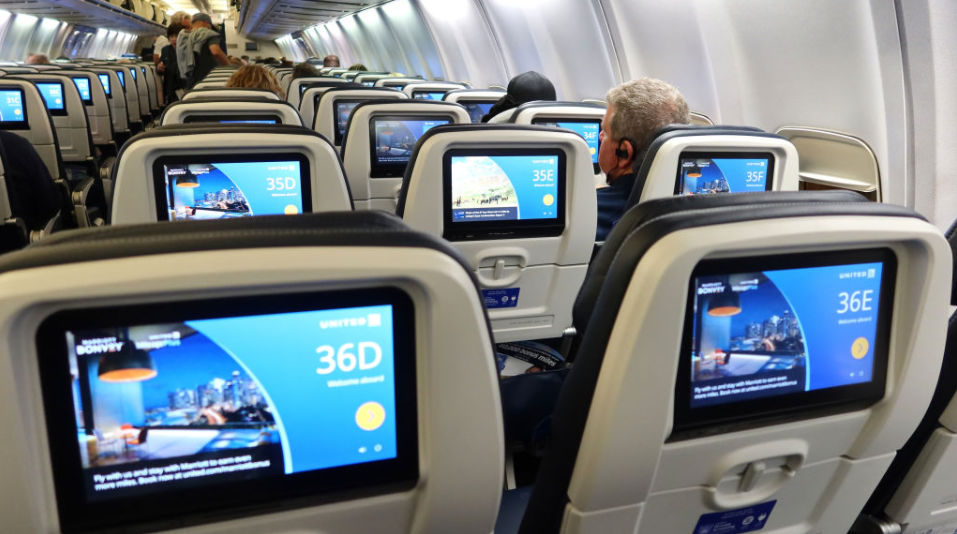
EU waives airport slot rule as O'Leary predicts winter "write-off"
EU Transport Commissioner Adina Vălean has articulated what is common knowledge about airline demand in Europe: "Air traffic levels remain low, and more importantly, they are not likely to recover in the near future".
She is not alone in her gloomy assessment. Ryanair CEO Michael O'Leary has reportedly predicted that the coming winter will be a "write-off".
Meanwhile, the summer slide in European capacity continues. The year-on-year cut of -59.2% in Europe's total seat numbers in the week commencing 14-Sep-2020 is the fourth consecutive week of deepening cuts. Sep-2020 capacity is projected to slip to 42% of 2019 levels, from 45% in Aug-2020.
Europe's cut is deeper than North America's -56.3% and Asia Pacific's -40.2%. Latin America once again has the deepest cut, at -66.2%, followed by the Middle East at -63.1% and Africa at-62.7%.
Winter 2020/2021 schedules currently project European capacity at well over 80% of last winter, far exceeding likely demand. The European Commission's 14-Sep-2020 decision to extend the waiver of the rule requiring airlines to use 80% of their slots into winter 2020/2021 should lead to more realistic schedules.
TO READ ON, VISIT: EU waives airport slot rule as O'Leary predicts winter "write-off"

American and other US airlines switch energy to leisure passengers
American Airlines is joining Southwest in experiencing some green shoots in demand, but overall, US airlines continue to face huge levels of unpredictability in their business until a reliable vaccine for COVID-19 can be approved and widely distributed.
A full recovery in business travel demand is highly dependent on the development of a vaccine, and as a result, the large US global network airlines are pivoting towards leisure travellers.
During a recent Cowen & Co investor conference, executives from American Airlines observed that there is still pent-up demand in travel, and the company had been experiencing some gradual improvement during the past few weeks. "...But it is fair to say that we're still planning for a slow recovery", American's president Robert Isom said.
American is acknowledging that, for now, the customer base is changing, and the company is working to build a relationship with a broader base of leisure customers.
TO READ ON, VISIT: American and other US airlines switch energy to leisure passengers
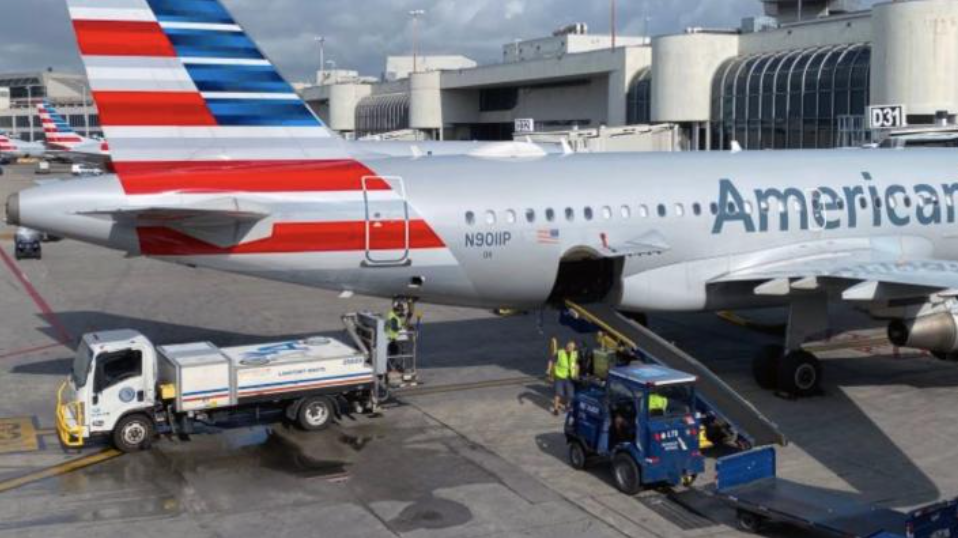
Jet2.com: low cost airline plans summer 2021 capacity near 2019 levels
Dart Group plc, owner of the UK low cost airline Jet2.com, is renaming itself 'Jet2 plc'. It sold its distribution/logistics division earlier this year to focus on leisure travel, which accounted for 95% of revenue last year. Jet2.com stands out from other European LCCs in that more than half of its passengers come via the in-house package holiday company, Jet2holidays.
Jet2.com grounded its entire fleet for longer than most competitors at the onset of the COVID-19 crisis, only resuming operations in mid Jul-2020.
Its capacity build-up was then a little slower than the European market in Aug-2020 and certainly more cautious than that of other LCCs, probably helping to support load factors. However, its seat count as a percentage of last year's is set to move ahead of the market in Sep-2020.
Jet2.com's winter 2020/2021 bookings are soft, but better for the much more important summer 2021, when it is planning capacity close to 2019 levels.
This contrasts with a broad consensus that world aviation will not return to 2019 levels before 2023 or 2024. Jet2.com is trusting UK consumers' appetite for summer sun, sand and sea.
TO READ ON, VISIT: Jet2.com: low cost airline plans summer 2021 capacity near 2019 levels
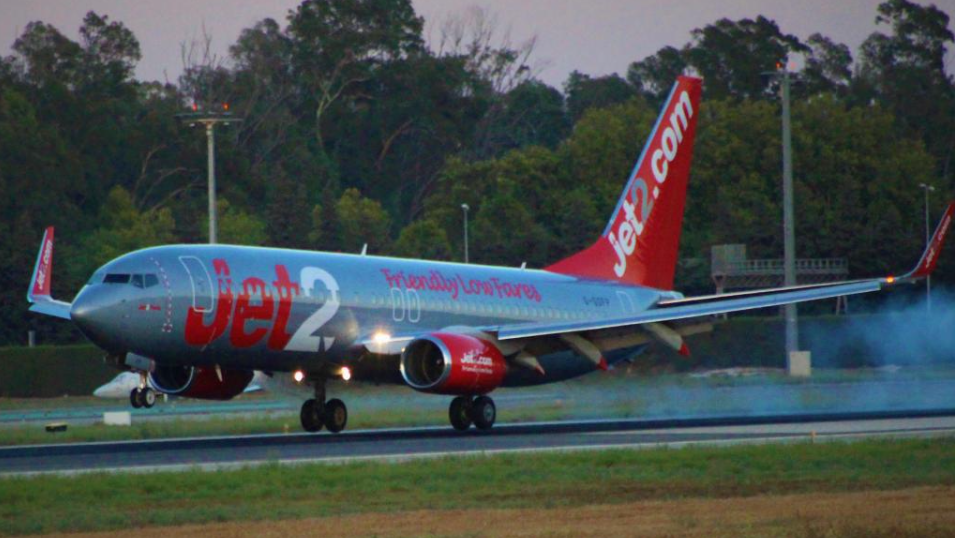
ACI EUROPE: aviation is 'unsustainable'; call to end quarantines
A war of words is developing rapidly between representatives of the air transport business and governments over whether passengers should be effectively banned from travelling by way of quarantine restrictions, which is just another form of lockdown.
Many demand a system of testing be put in place at airports very rapidly, either to reduce periods of quarantine or eliminate them altogether.
Evidence is growing that (local) community transmission is behind a steep rise in infection figures, and that air passengers present a very low threat as long as they are properly monitored.
Senior figures in the industry are on the warpath as this issue threatens not only the air transport and tourism industries but the entire global economic system, something which governments seem incapable of grasping.
TO READ ON, VISIT: ACI EUROPE: aviation is 'unsustainable'; call to end quarantines

Ghana: TAV and the decision on privatising Accra Airport
Africa is a continent that has failed to attract both low cost airlines and private investors in its airports, despite surprisingly positive traffic figures up until this year and despite the pressing need for investment.
The biggest private sector project, actually a PPP, is in Rwanda. Unfortunately, it hasn't failed to attract COVID-19, which has prompted more flight cancellations on the continent than anywhere else.
But there will always be organisations looking for the main chance, and one of them is Turkey's TAV, which is reported to be chasing a potential contract, at the least to manage Ghana's Kotoka International Airport in the capital, Accra, and despite an alleged mountain of debt from a previous modernisation project. But there is strong resistance from within the state airport operator, if not from the country's president.
This report looks at the unfolding events surrounding this potential deal and what future potential the airport has for TAV.
TO READ ON, VISIT: Ghana: TAV and the decision on privatising Accra Airport
